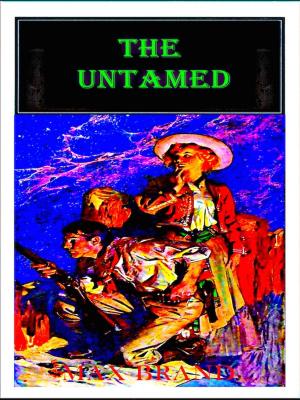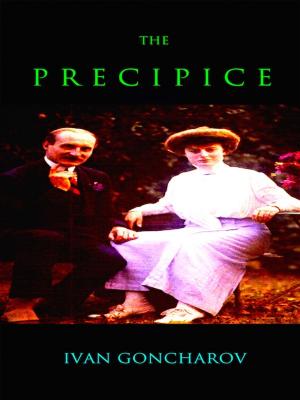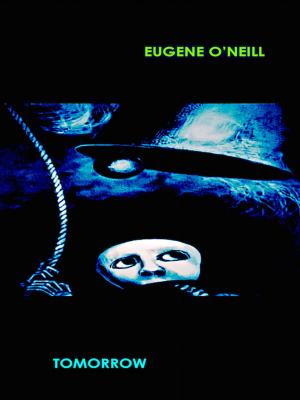| Author: | Randolph Marcy | ISBN: | 1230001983678 |
| Publisher: | Editions Artisan Devereaux LLC | Publication: | October 31, 2017 |
| Imprint: | Language: | English |
| Author: | Randolph Marcy |
| ISBN: | 1230001983678 |
| Publisher: | Editions Artisan Devereaux LLC |
| Publication: | October 31, 2017 |
| Imprint: | |
| Language: | English |
One of the most practical and popular guides to the settlement of the Old West was Randolph B. Marcy's The Prairie Traveler, published in 1859.
A captain in the U.S. army, Marcy wrote The Prairie Traveler partly to allay the many myths and fears of the Western frontier, and partly to offer guidance to the dangers which were actually manifest. The information within takes readers across two popular trails: northerly, ending in Oregon, and southerly, ending in Santa Fe.
The book is great reading—and, not infrequently, helpful even today for the camper when it comes to advice about improvising shelter or lighting a fire from damp wood.
Much of the advice offered by Marcy remains useful today for wilderness explorers; camping in wet weather and improvising a fire in those conditions; finding clean water; dealing with snake bikes; and using red willow bark as a substitute for cigarettes; crossing a stream with or without a horse, and so on.
It's impossible for us today to imagine what a frightening proposition it must've been in the mid-19th century to head west to start a new life. Maps were unreliable; distances were staggering, and stories about wild animals and marauding Indians sobering.
So The Prairie Traveler was packed with useful information for the determined but inexperienced pioneer taking the northern overland trail to Oregon or the southern Santa Fe one to California.
RANDOLPH MARCY (1812 –1887) was an officer in the United States Army, chiefly noted for his frontier guidebook, the Prairie Traveler (1859). Marcy had graduated from West Point in 1832, and by 1859 he had extensive experience in the West as a U.S. Army officer. By the late 1850's, thousands of Americans were streaming west, and many were dying along the way. The Prairie Traveler, with its practical advice presented in plain English based on twenty-five years of experience, doubtless saved many lives.
One of the most practical and popular guides to the settlement of the Old West was Randolph B. Marcy's The Prairie Traveler, published in 1859.
A captain in the U.S. army, Marcy wrote The Prairie Traveler partly to allay the many myths and fears of the Western frontier, and partly to offer guidance to the dangers which were actually manifest. The information within takes readers across two popular trails: northerly, ending in Oregon, and southerly, ending in Santa Fe.
The book is great reading—and, not infrequently, helpful even today for the camper when it comes to advice about improvising shelter or lighting a fire from damp wood.
Much of the advice offered by Marcy remains useful today for wilderness explorers; camping in wet weather and improvising a fire in those conditions; finding clean water; dealing with snake bikes; and using red willow bark as a substitute for cigarettes; crossing a stream with or without a horse, and so on.
It's impossible for us today to imagine what a frightening proposition it must've been in the mid-19th century to head west to start a new life. Maps were unreliable; distances were staggering, and stories about wild animals and marauding Indians sobering.
So The Prairie Traveler was packed with useful information for the determined but inexperienced pioneer taking the northern overland trail to Oregon or the southern Santa Fe one to California.
RANDOLPH MARCY (1812 –1887) was an officer in the United States Army, chiefly noted for his frontier guidebook, the Prairie Traveler (1859). Marcy had graduated from West Point in 1832, and by 1859 he had extensive experience in the West as a U.S. Army officer. By the late 1850's, thousands of Americans were streaming west, and many were dying along the way. The Prairie Traveler, with its practical advice presented in plain English based on twenty-five years of experience, doubtless saved many lives.















